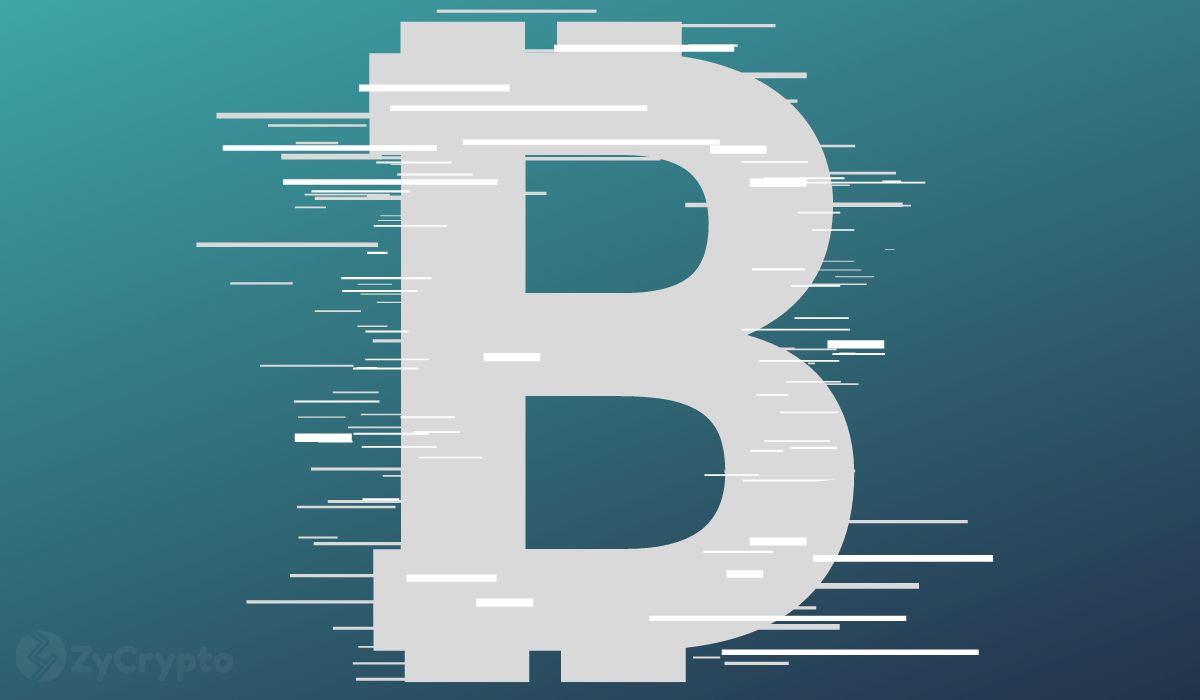What the trading world is learning in blockchain risk management

Recently, the crypto world was rocked by several high profile bankruptcies such as Terra Luna, Celsius and more recently FTX. While FTX is a slightly different case due to fraud allegations, the bottom line is that these failures have been blamed on a lack of proper risk management. In plain English, the CEOs of these companies were blinded by what they did not know, despite possible intentional fraud in some cases. As a venture capitalist and real estate investor, I see important lessons in cases like these that can ultimately help blockchain as it continues to gain a foothold.
These recent examples join older ones such as Long Term Capital Management (LTCM), a hedge fund started by Salomon Brothers trading chief John Meriwether and Nobel laureate in economics Myron Scholes, Lehman Brothers and AIG. All these examples seemed to have theoretically good ideas, but were ruined by reality risk miscalculations. It turned out that all their risk models were wrong. For example, the mortgage crisis of 2008 happened because the experts all believed that no one would skip paying their mortgage. We now know how wrong they were. Only a few hedge funds run by Michael Burry and others actually went through thousands of mortgages to find that these were mostly insolvent. The others, even big Wall Street investment banks like Lehman, never bothered.
Perhaps it is human nature that we tend to worship people who come from the Ivy league and have the right work experience like from prominent Wall Street banks or trading firms. But that’s not an excuse to let our guard down and not trust our gut. For example, Sam Bankman Fried was able to fool financiers such as Kevin O’Leary, Anthony Scaramucci, Sequoia Capital, Softbank, Tiger Global, Singapore’s sovereign wealth fund Temasek and a host of others due to his MIT and Jane Street trading pedigree.
Noted risk statistician Nassim Nicholas Taleb, however, gives more weight to people who stand to lose on their management decisions because they have “skin in the game.” Taleb, the author of The Black Swan, talks about a type of hubris that infects academics who do not risk their own money and play with other people’s money using fancy mathematical formulas. Taleb feels that we tend to worship experts too much based on their credentials, often skipping due diligence. Due diligence that could have saved investors money in all the examples above.
It doesn’t help when these celebrated “experts” are praised on TV interviews or magazine covers. The media must regain its skeptical cynicism, smell when something is fishy. Both Elizabeth Holmes and Sam Bankman Fried were media darlings and on business magazine covers before the allegations caught them.
We are on the brink of revolutions to be created by blockchain in traditional sectors such as banking and finance, communications, entertainment, agriculture, energy and even real estate. For example, tokenized real estate offers the promise of liquid real estate investments, easily traded on the blockchain, thereby freeing up unproductive land and real estate anywhere in the world.
But the promise of blockchain will be derailed if the bad actors are not removed from the scene. Ideally, smart contracts and “code is law” should minimize the need for human intervention. But since we are at an early stage, it is inevitable that people will lead the effort. It is therefore important that we are quickly able to detect shysters, thieves, incompetents and others who can harm blockchain’s progress.
Perhaps the best course of action is to strike a balance between emphasizing academic degrees, but also experience and skin in the game. Some people may not have the right pedigree, but they have lived through important events in history. The most important learning of all is that all potential deals must undergo due diligence, no matter how impressive the proponents’ credentials.

























